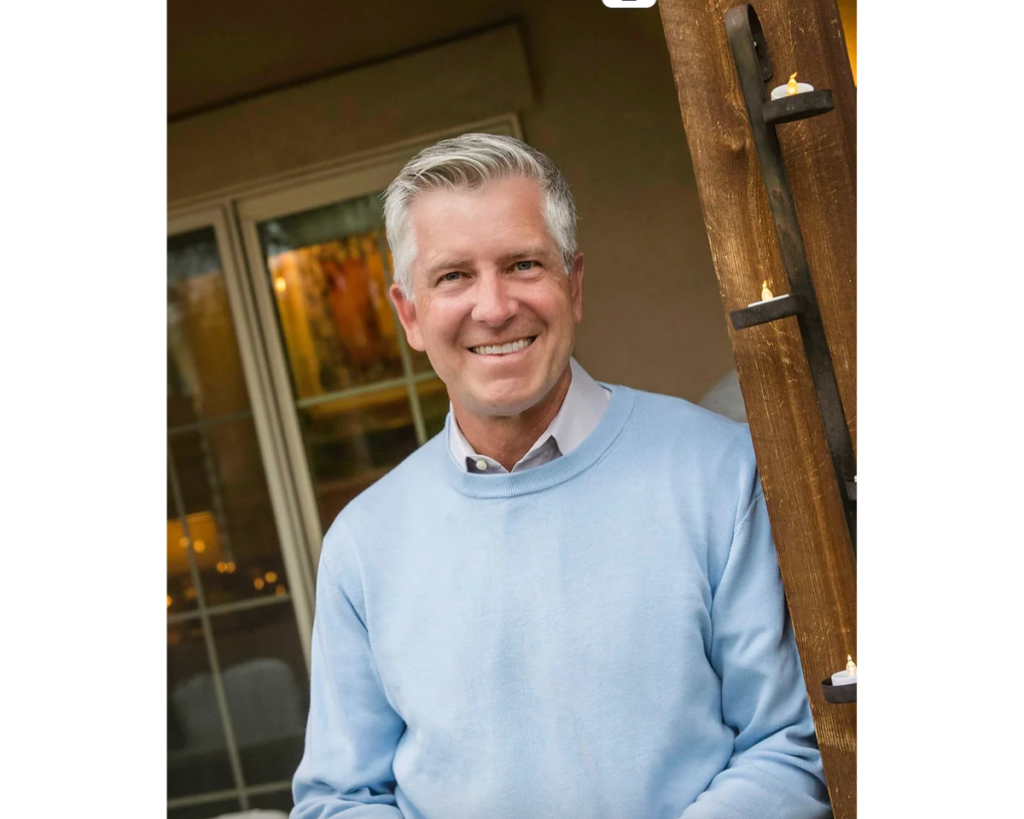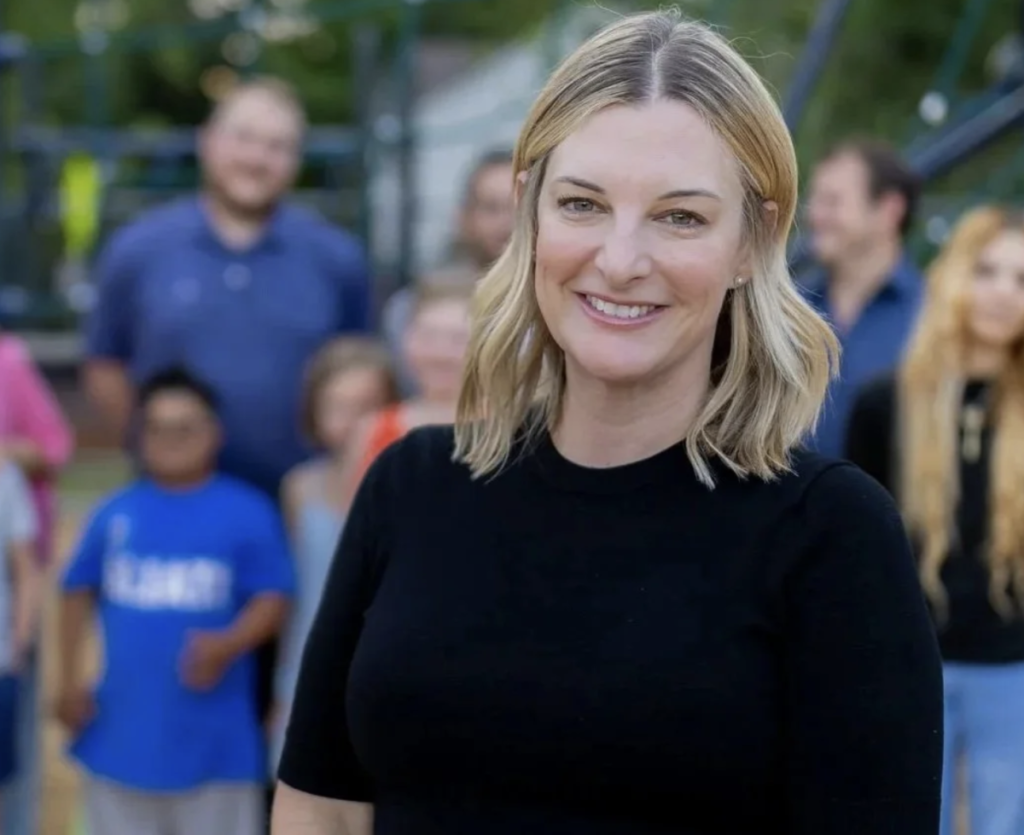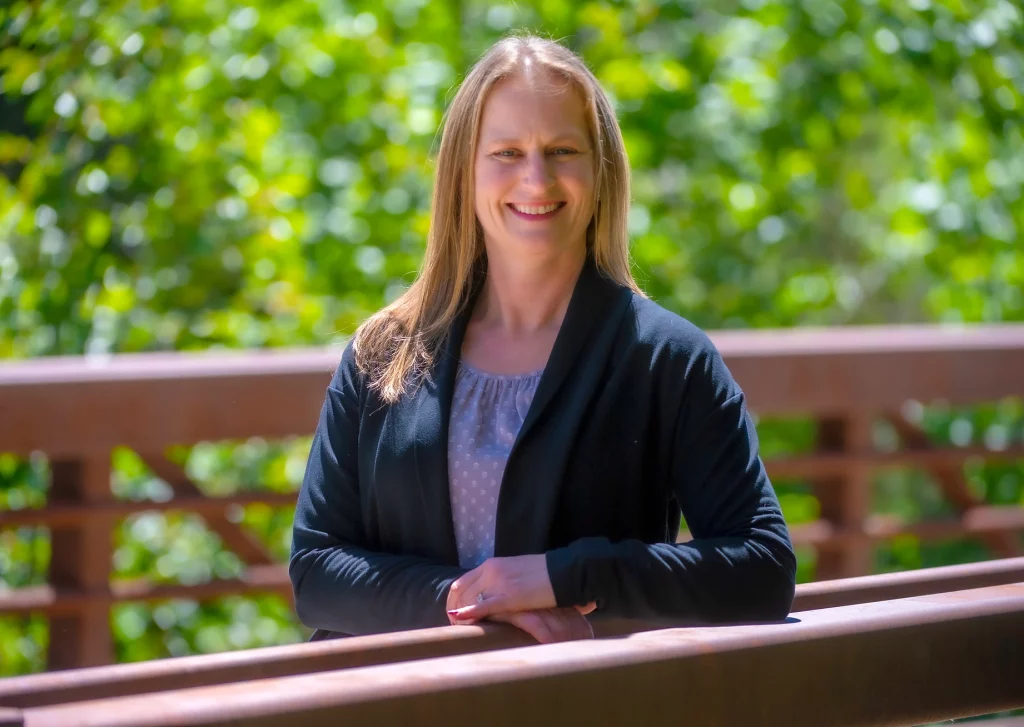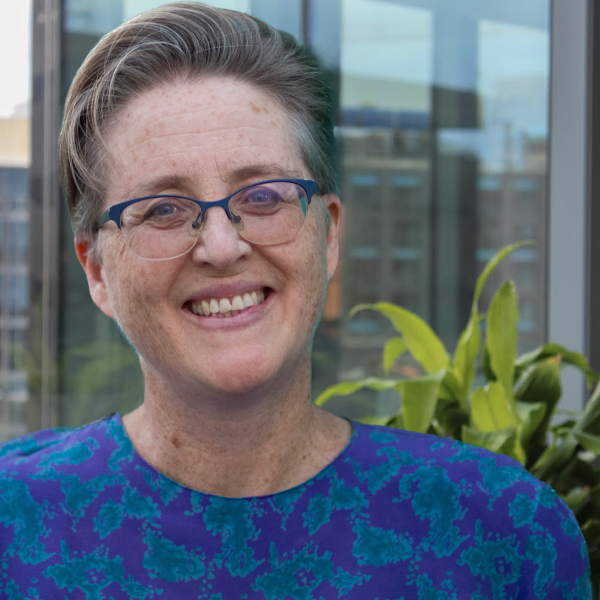Denver school board member John Youngquist is alleging that the board violated state open meetings law by misstating the purpose of a recent executive session, and by excluding him from that session because it dealt with a matter he had raised about his compensation.
In a letter to Board of Education President Carrie Olson dated December 17 and obtained by Boardhawk, (see full text below), Youngquist requested that a recording of the executive session be made available to him, and be made public.
In response to the letter, three of Youngquist’s fellow board members – Scott Esserman, Michelle Quattlebaum, and Xóchitl “Sochi” Gaytán, on Thursday requested that the board’s Jan. 9 work session agenda include a discussion of alleged policy violations by Youngquist.
According to Chalkbeat:
“The board did not go into details about Youngquist’s alleged violations. But Quattlebaum referenced “behavior unbecoming of a board member” toward Denver Public Schools staff, and that the board had been accused by one of its members of “a lack of transparency” and of violating Colorado open meetings law.”
In his letter Youngquist alleges that Olson and the board violated the Colorado Open Meetings Law by failing to accurately disclose the purpose of a December 12 executive session. Youngquist said Olson and General Counsel Aaron Thompson told him his case was the main focus of the conversation.
DPS officials declined to comment on the situation, saying it is a board, not a district issue. Olson declined to comment, other than saying she looks forward to the conversation on January 9.
DPS board’s recent history with open meetings law violations
The Denver school board has run afoul of open meetings law in the recent past, and in dramatic fashion. The board was found by a Denver District Court judge to have violated the law in March 2023 following the shooting of two deans at East High School. The board held a nearly five-hour closed-door executive session on March 23, the day after the shooting, to discuss reinstating armed police officers in schools. The board failed to properly announce the topic of the executive session “in as much detail as possible” as required by law.
The board also engaged in substantial discussion of matters not authorized for executive sessions under the law. And the board effectively crafted a new district policy behind closed doors, which is prohibited by the open meetings law.
In the Youngquist case, the public notice of the December 12 executive session stated that one of its purposes was “for a conference with the Board’s attorney to receive legal advice on specific legal questions regarding board member compensation and PERA rules impacting PERA retirees.”
In his letter to Olson, Youngquist said:
“The distinction between the purpose of the executive session represented in the agenda and the purpose represented by you and General Counsel Thompson is significant and represents a clear violation of the Colorado Sunshine Law and the Colorado Open Meetings Law. My assumption, aligned with the presentation of the purpose of the executive session to the community, was that the content of the session would relate to the rules for board member compensation for PERA retirees, in general. Instead and/or in addition, the work in the executive session, as represented by you, focused on my specific case and situation, including details of my retirement benefits and costs to the school district related to compensating me, in particular. You inappropriately and illegally facilitated a meeting with an agenda significantly different than what was represented to the public and this is a violation of the Colorado Open Meetings Law.”
Youngquist also said he was told by DPS legal counsel Aaron Thompson to leave the executive session, which Youngquist said constitutes another violation of the law, and his rights as an elected board member.
Expert: Youngquist appears to have a point
Jeff Roberts, executive director of the Colorado Freedom of Information Coalition, said Friday that Youngquist appears to have a valid point about the misrepresentation of the executive session. He cited a 2020 Colorado Court of Appeals decision, Guy v. Whitsitt, which faulted the town council of Basalt for failing to tell the public that an executive session was about the town manager.
“If the announcement to the public Dec. 12 violated the open meetings law, meaning the board engaged in a substantial discussion of matters not announced to the public, the executive session should have been an open meeting, and the recording should be released, if it exists,” Roberts said.
Under Colorado’s school board meetings statute, Roberts said, minutes of school board meetings in which there is an executive session must “indicate the topic of the discussion at the executive session as well as the amount of time each topic was discussed while the board was meeting in executive session.” Those minutes must be posted on the internet.
Minutes of the Dec. 12 meeting repeat verbatim the executive session notice from the meeting agenda, with no mention of Youngquist’s particular case. They show that Youngquist left the meeting when that discussion began, at 5:07 p.m.. It concluded at 5:37 p.m.
A question of board member compensation
Following the executive session, Olson asked for a motion to take up the board member compensation issue posted on the agenda. Youngquist recused himself and no other board member made a motion, so the matter died.
Youngquist also said in his letter that his exclusion from the Dec. 12 meeting was a “violation of my rights and responsibilities as an elected “Director of the DPS Board of Education” as well of the the state’s open meetings law.
The issue that sparked this latest controversy to engulf the Denver school board stems from the fact that Youngquist, a DPS retiree who receives state pension benefits, has had those benefits reduced because of his school board compensation. He had requested reimbursement from the district totaling $21,330 for lost retirement benefits, or, as an alternative, $8,306.21 to compensate him for days worked as board member for which he was not paid.
Full text of Youngquist letter
Here is the full text of Youngquist’s letter:
DPS Board of Education President Olson:
Thank you for taking the time, along with General Counsel Thompson, to meet with me
on December 16, 2024, in regard to the Executive Session of the DPS Board of
Education that took place during the board meeting on December 12, 2024. This letter
is written to represent two specific concerns related to the facilitation of the executive
session.
Both of these concerns relate to violations of the Colorado Open Meetings Law, C.R.S.
24-6-401 and 24-6-402 (OML), a part of the general Colorado Sunshine Law that
outlines how public meetings are conducted. The first concern relates to the distinction
between the publicized purpose of the executive session, on the agenda and through
your representation. The second concern, connected to the first, relates to my
treatment as an elected official and school board director and your decision to require
me to leave and not participate as a board director in the executive session.
The Colorado Open Meetings Law requires that the board president both announce the
topic of the executive session and the specific citation to the statute, C.R.S.
24-6-402(4). In convening the executive session on December 12, 2024, you
summarized the intent of the meeting to the community, the same that was represented
in the agenda: for a conference with the Board’s attorney to receive legal advice on
specific legal questions regarding board member compensation and PERA rules
impacting PERA retirees as authorized by C.R.S. 24-6-402(4)(b).
Both you and General Counsel Thompson noted in your discussion with me yesterday
that the purpose of the executive session was related to PERA, board member
compensation, and reimbursement for John Youngquist and that my specific situation
was represented as the reason for and primary content of the executive session.
The distinction between the purpose of the executive session represented in the agenda
and the purpose represented by you and General Counsel Thompson is significant and
represents a clear violation of the Colorado Sunshine Law and the Colorado Open
Meetings Law. My assumption, aligned with the presentation of the purpose of the
executive session to the community, was that the content of the session would relate to
the rules for board member compensation for PERA retirees, in general. Instead and/or
in addition, the work in the executive session, as represented by you, focused on my
specific case and situation, including details of my retirement benefits and costs to the
school district related to compensating me, in particular. You inappropriately and
illegally facilitated a meeting with an agenda significantly different than what was
represented to the public and this is a violation of the Colorado Open Meetings Law.
Again, my second concern relates to my treatment as an elected official and school
board director and your decision to direct me to leave and not participate as a board
director in the executive session. The requirement for me to leave and not be present
at this executive session represents a violation of my rights and responsibilities as an
elected “Director of the DPS Board of Education.” Both you and General Counsel
Thompson represented that I was blocked from participation because “this was the
same as Tay Anderson’s situation.” You stated that this was a reference to a moment
when Director Anderson was directly requesting reimbursement from the board for a
legal expenditure. You represented that another Board director, Director Esserman,
stated that “if Tay was not allowed to be in there that he shouldn’t.”
It is clear that the stated agenda item for the executive session on December 12, 2024,
is significantly different from a board member directly requesting reimbursement for a
legal expense. In our meeting General Counsel Thompson referenced GP 11.1, as
cause to bar me from participation. GP 11.1 reads: A Board member who has a
personal or private interest in a matter proposed or pending before the Board must:
disclose such interest to the Board, not vote on it, and not attempt to influence the
decisions of other Board members in voting on the matter. GC Thompson represented
that my presence in the executive session would have represented an ”attempt to
influence the decisions of other Board members in voting on the matter.” It is clear that
my presence for a meeting related to the publicized board agenda would not have
related to a vote of the board, nor would there have been content with which I would
have not disclosed an interest, or in any way would have needed to influence Board
members.
Barring my presence from the meeting was a violation of the Colorado Open
Meetings Law. In our discussion on December 16, 2024, General Counsel Thompson
noted that, “while PERA may consider a Board member an employee of the school
district for their purposes, a Board member is not considered an employee in the service
of their role with the district.” This is, apparently, a decision that the district has made,
although I have not seen any specific representation of this decision. An employee
who is included in the context of an agenda item is able to request that the situation be
discussed in an open meeting. As a Board member, I would not have that right.
However, according to the Colorado Open Meetings Law, discussions related to a Board
member are not considered personnel matters and may not be engaged in an executive
session. If the executive session on December 12, 2024, had related to the stated
agenda description, I should have been allowed to participate in the meeting. If the
purpose of the meeting was aligned with the statement provided by both you and
general counsel, as a Board member, it should not have been a meeting that was held
in executive session, but in an open session of the Board of Education. For these
reasons, again, the facilitation of this meeting represented a violation of the Colorado
Open Meetings Law.
As a result of these noted violations of the Colorado Sunshine Law and the Colorado
Open Meetings Law, and the decision by you as Board President to not strictly comply
with the requirements to convene in executive session, this session should be
considered an open meeting subject to public disclosure requirements. It is likely that
this executive session should also result in the recording of the session being made
public. Also, I suggest that you should give consideration to representing these
violations publicly in an attempt to provide for transparency, clarity, and trust in the work
of the DPS Board of Education.
I am requesting that the recording of the executive session be made available to me
immediately. Access to this executive session meeting content is related to my rights
and my responsibilities as an elected member of the DPS Board of Education and those
rights have been violated and responsibilities been mitigated by your decision to engage
the executive session as noted through this letter.
Please, call me with any questions that you have related to the concerns and interests
that I have represented in this communication.
Sincerely,
John Youngquist
Secretary, DPS Board of Education




